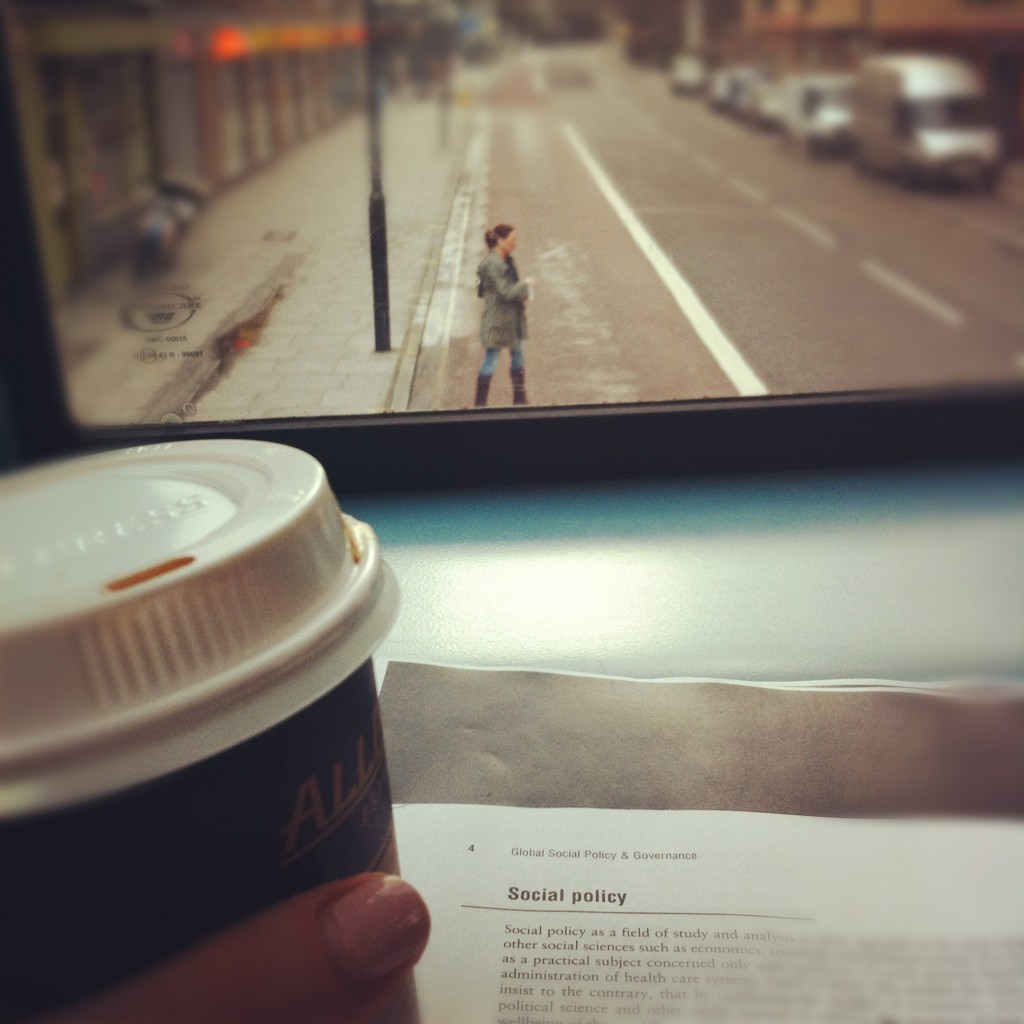
A few days ago I was having a long-overdue, late-night chat with my brother over the phone, discussing my studies. We had some lively debates, as we usually do (to friends’ annoyance) on issues about politics, philosophy, culture, and of course, our parents.
He suggested that I post more about my academic experience and intellectual engagements on the web. My blogging habit of keeping my professional life private and my private feelings public (!), is still at work, and my identity as a journalist has made me allergic to academic writing. But without the need to investigate these two overlapping, ever-confusing spheres, I plan to publish parts of my papers and the process of writing my dissertation here. I’ve always been and will remain a geek/nerd (whichever you like), and this website should reflect that.
So you can expect three papers (or excerpts of, for everyone sake) on:
– How can the diaspora challenge homogenous notions of culture? I focused on the Iranian diasporic media, more specifically satellite television channels, and argued for the existence of a transnational Iranian culture and identity. Key words: BBC Persian, VOA’s Parazit, Mano To, etc.
– Cultural productions can at times resist or reinforce existing hegemonies. I looked at two instances that manifest each phenomenon, using theories of Culture Industry, hegemony and means of domination, as well as Orientalism. Iran’s Green Movement was an example of cultural practices resisting a hegemonic system through its own rhetoric. On the other hand, “subversive” works such as Shadi Ghadirian’s are self-Orientalised products circulating in the contemporary art market.
– Realism has been a defining characteristic of Iranian cinema. I analyzed two (of my favourite) films, Kiarostami’s Close-Up and Farhadi’s A Seperation, revealing the progression and role of realism in a heteroglossiac reading of Iranian cinema.